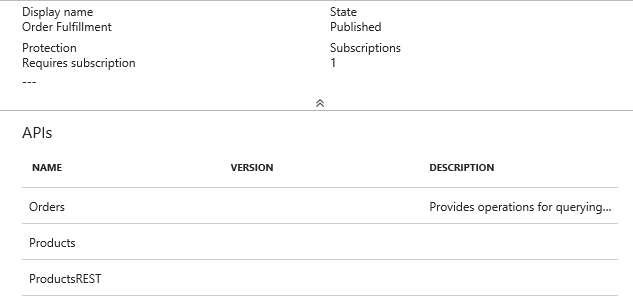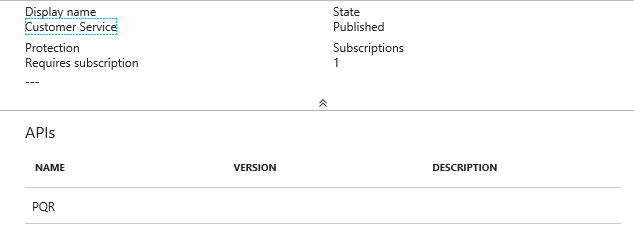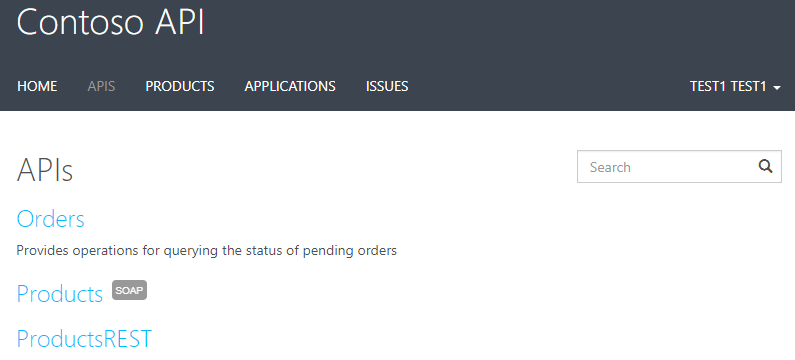Azure API Management supports the concept of User Groups to manage the visibility of Products to users.
They are somewhat interesting, in that it is not obvious how to leverage them right away. As the documentation states, there are 3 built-in, system groups:
- Administrators
- Developers
- Guests (anonymous, unathenticated users)
These groups are immutable, meaning you cannot add or remove members to these groups. This sounds a bit strange at first, but it is not a big deal:
- The Administrators group is a bit of a left-over from having the Publishers Portal. Since this is soon going away, it is not that big of a deal.
- The Developers group has any user that has signed up for the Developer Portal, so all external users are added automatically to this group.
- The Guest group is special, as it really doesn’t have any members. It’s really non-users, so it fills a special need.
Custom Groups, however, are quite interesting, if you take a bit of time to explore how they work. To do that, let’s consider the following scenario:
You have a single API Management instance, on which you expose both internal and external APIs. Internal APIs are only for consumption within your organization, while external APIs will be consumed by third-parties.
The right way to do this would be to ensure that both Internal and External APIs are assigned to different Products. So let’s say we have the following:
-
Product
Order Fulfillment, for internal use only, has the following APIs:
-
Product
Customer Service, exposed to third-parties, has the following APIs:
Normally, when we add a new Product, users in the Administrators group get access to it automatically.
The usual procedure would be to grant users in the Developers group to each product as well, but
that would mean everyone would be able to see the products.
Instead, what we want is to create two separate groups representing internal and externals users, and grant the right access to the right product:
- Group
Organizational Usersonly has access to productOrder Fulfillment - Group
Third Partiesonly has access to productCustomer Service
So now, only internal users will only be able to subscribe to the Order Fulfillment product,
while external users will only be able to subscribe to the Customer Service product. The interesting
part comes from the fact that permissions on APIs are transitive from Products.
This means that when you log into the Developer Portal, you will only be able to see APIs
that belong to Products you have permissions for, and not the rest!
So in this example, if I log into the portal with a user who is only member of the
Organizational Users group, I only see APIs in the Order Fulfillment product:

If I sign in to the portal with a user who is member of the Third Parties group,
then I only see APIs in the Customer Service product:

Something to keep in mind
There are a few things worth keeping in mind about API Management Groups:
- Remember that any APIs associated to products to which the
DevelopersorGuestsgroups have access will be pretty much visible to everyone. - If you decide to change your Product / Group structure later on, you will find that if a user has a subscription to a Product, she will be able to see all APIs included in the product, even if the groups the user is a member of do not grant permissions over said product. This will be the case until all said subscriptions are removed.gg